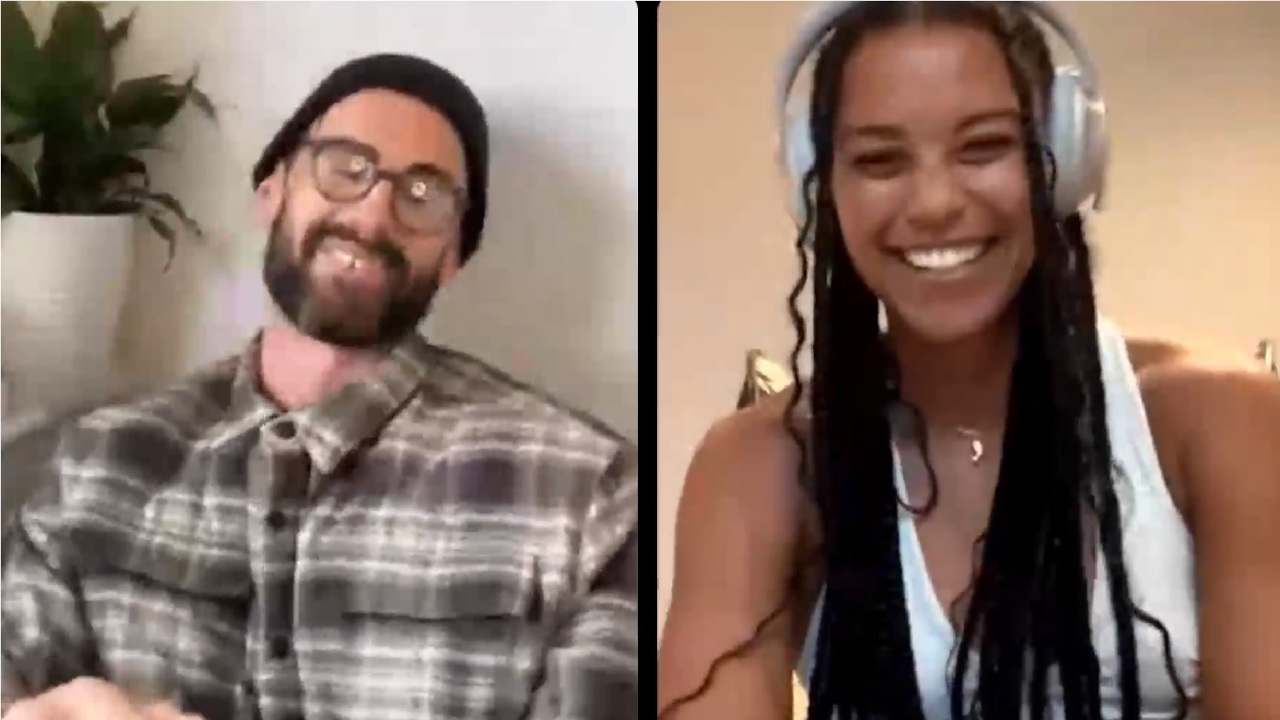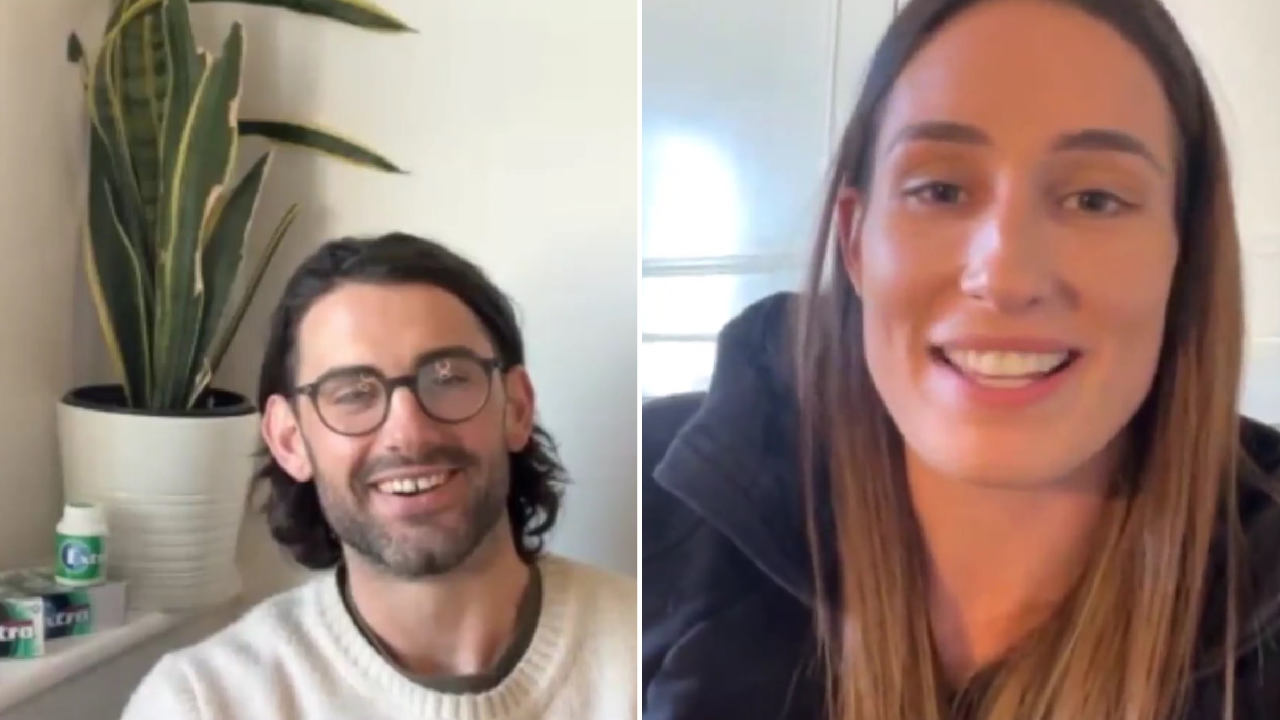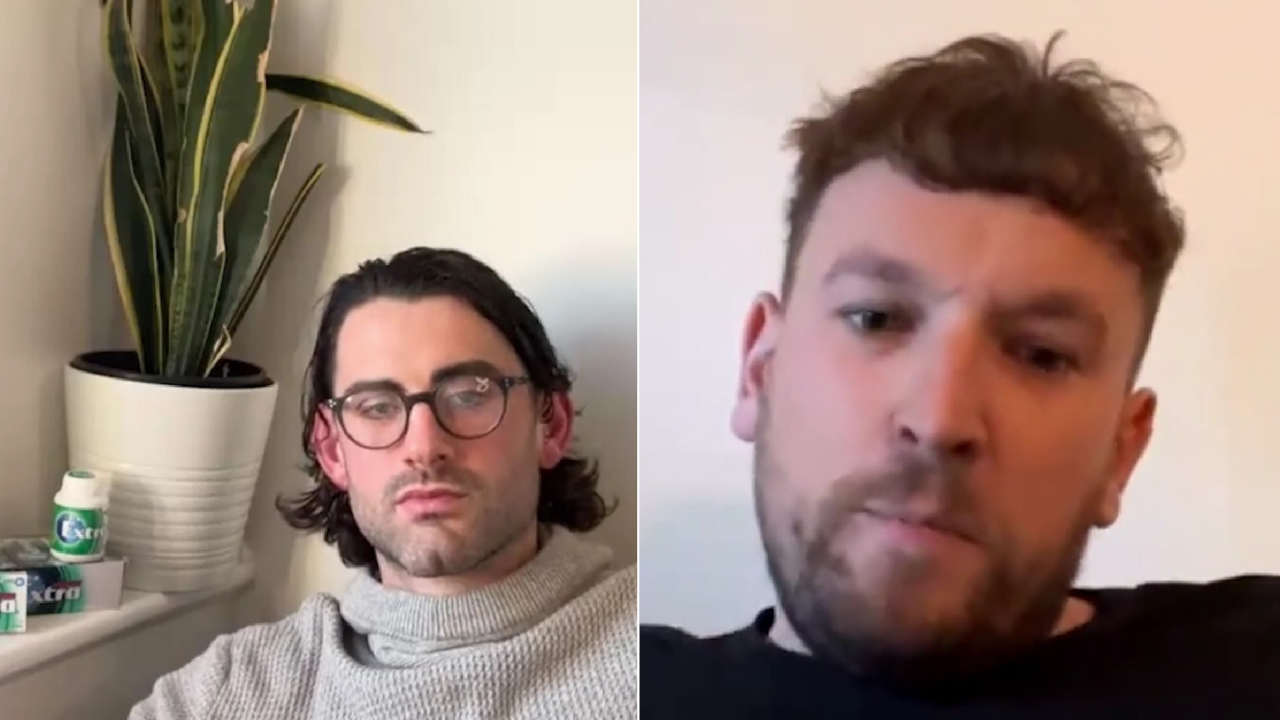Although I have amassed plenty of scars throughout my journey so far, I feel like I’m in a better place in my life now for what I’ve gone through. These last 12 months, as difficult as they’ve been, have been important. I’ve been forced to understand what it actually is within me that leads me to these dark places, and the steps I can proactively take to ensure I don’t go there again.
What I’ve learned is that being open, and occasionally vulnerable, isn’t such a bad thing, and that reaching out not only provides you with an opportunity to gain reprieve, but it also gives someone who is close to you an opportunity to help.
It is a lesson I am happy to share with younger players who may feel that the best way to cope is to shut up, never share it with their coaches or their club, their mates or their family.
I know there will be many who are rightly critical of what I have done. But if what I have learned helps one person or one player make a decision to go and talk to someone as a result of me speaking up, then it’s a good thing.

THE ROAD BACK
I know now how it feels to be unwanted. It took me to bad places and there were many long nights this year spent staring at the ceiling and pondering my family’s future.
I want to finish my career the right way. And I am clear in knowing what I need to do to achieve that.
My goal is to get back into Super Rugby and the Wallabies and play the kind of football I know I’m capable of. I’ve still got a year left with the Reds but, if it turns out that door is closed, then I’d be willing to move.
Physically I am in great shape. The year away from Super Rugby has ultimately been a blessing in disguise. The time off has given me a chance to recharge my body. I’m feeling refreshed and I’m stronger and fitter than I have been in years.
When a good mate of mine, Quade Cooper, helped pave the way for me to play for Souths Rugby towards the end of this season, it was a blessing. To just play some sort of football again was a blessing.
I was excited but nervous before my first game. I was sitting on the sideline at Bond Uni feeling reminiscent of my 15-year-old self back at Churchie. I was so happy to be back at training and around the guys again. To be able to play and feel the support of the club and my new teammates helped me rediscover my passion and joy for the game. Life became much brighter.
More than anything, I felt at home again. Whether it was at Churchie, Souths Acacia Ridge or the Broncos, I’d grown up always having football in my life. The team environment is a special place. You can learn and grow and fail at the same time. I struggled without it
That feeling stayed with me throughout the Brisbane club rugby season and into the NRC. It stoked a massive fire in me. I wouldn’t say it had been dying, but the time away certainly made me realise why I’ve loved playing sport all my life and why I was determined to repay those people who had supported me.
To be able to play and feel the support of the club and my new teammates helped me rediscover my passion and joy for the game. Life became much brighter.
I want to thank the people at Souths and coaches of Brisbane City for giving me the opportunity to come back to the game. Being involved with the junior programs, being a contributor around the club, helping the young crop of talent coming through was a reminder of how good it was to be able to give something back.
The World Cup is in the back end of my thinking. It’s a factor. But, more than anything, I just want to compete again at the top level and finish my career off on the highest note possible. I feel like I owe it to my family, friends and fans. I owe it to the people in rugby who have supported me in seeking help and addressing the issues in my life.
I owe it to myself. And I owe it to those other young players who are facing issues in their life and – wrongly – think that it is better to hide any issues rather than seek the help they need to be their best, on and off the field.
More about: Brisbane Broncos | Gold Coast Suns | Kangaroos | Karmichael Hunt | Queensland Reds | Rugby World Cup | Super Rugby | Wallabies





 Load More
Load More